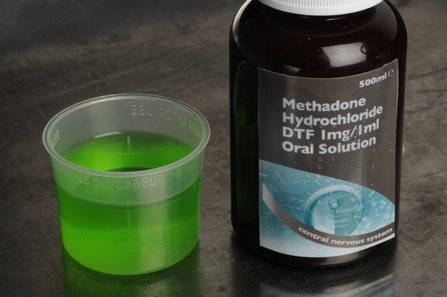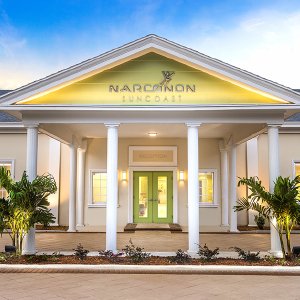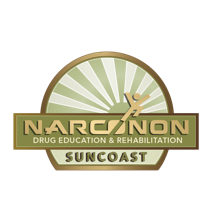Methadone: The Wrong Solution

#1 in a 3 part series on: Methadone: A "safe" replacement for heroin?
In the modern practice of drug and alcohol treatment employing the use of drugs to help get people off of drugs is a standard, or, as the insurance industry might refer to it, as a “usual and customary” method to help individuals struggling with substance abuse to become “clean.” For instance, heroin was once promoted as a safe (non-addictive) alternative and handling for morphine addiction by its manufacturer, Bayer (www.narconon.org/drug-abuse).
Methadone was synthesized in the 1930’s by German scientists who were looking for a less-addictive analgesic medication that would replace morphine. After World War II Methadone made its way to the United States where it was widely prescribed to treat various painful conditions. During this time it was also found that methadone was quite useful in treating opiate addiction. In the 1960’s there was a huge boom in heroin use especially among Vietnam War veterans returning home from combat. Since Methadone had proven to be capable of reducing opiate cravings while fending off withdrawal symptoms its mainstream use was employed as a “maintenance” or “replacement” drug to keep people off of heroin (http://www.cesar.umd.edu/cesar/drugs/methadone.asp).
Methadone is now touted as the “best” way to get off of heroin and many physicians and clinics prescribe it to get addicts "sober.” The theory is that if the user was to receive a controlled, substitute drug that “handled” their cravings it would deter them from using street-bought heroin. Methadone is a narcotic and can get non-opiate users high. Remember, a person uses drugs as a solution to problem. Merely replacing one drug for another perpetuates the addictive process and lacks the ability to handle the real-life problems a person is unable to confront.
Many addicts will actually trade their Methadone allotment for heroin and other opiates. Methadone does have street value because it creates an intense high initially. There are users who prefer Methadone over other commonly used opiates such as heroin or oxycodone. Therefore many dealers will readily trade one for the other; the heroin addict gets their heroin and the Methadone addict gets their Methadone, swelling the pockets of street pushers and creating intense addictions in the user.
Methadone was considered a “wonder drug” until a laundry list of negative side-effects was noticed in long-term users.
A Rise in Methadone Use
Recently there has been a rise in individuals whose drug of choice is Methadone. More and more addicts who are not already addicted to opiates are getting their hands on the drug and developing severe dependencies. Methadone is quickly metamorphosing from a “replacement” drug into a main substance of abuse. Many addicts who frequent Methadone clinics will actually sell their dose to other addicts in order to purchase heroin. This has created a high demand for Methadone keeping the ever-revolving doors of neighborhood dispensaries open for business.
In the eyes of some drug addicts and their families as long as the person is no longer consuming lethal quantities of heroin and other opiates then it’s “no harm, no foul.” The answer to opiate addiction is NOT more opiates. Treating opiate addiction in this way is like trying to fight fire with fire; you’re not getting anywhere fast.
Drugging the already addicted, furthers an addiction. The answer to drug addiction is not more drugs. What ends the cycle of addiction is handling the physical addiction to drugs through detoxification and sorting out all the underlying causes of the addiction itself.
There are no drugs in existence that effectively and completely handle a person’s substance abuse. At one point opium was a solution for alcohol addiction. Morphine was a solution to opium addiction. Heroin was a solution to morphine addiction and so on. History proves the solution for one drug addiction is NOT another. Let’s learn from history and try something new. Let’s handle the actual root causes of an addiction and get the person back on their feet, strong, self-reliant and become a sober, productive, contributing member of society.
If you or a person you know is struggling in handling their addiction talk to a counselor at Narconon Suncoast today.


